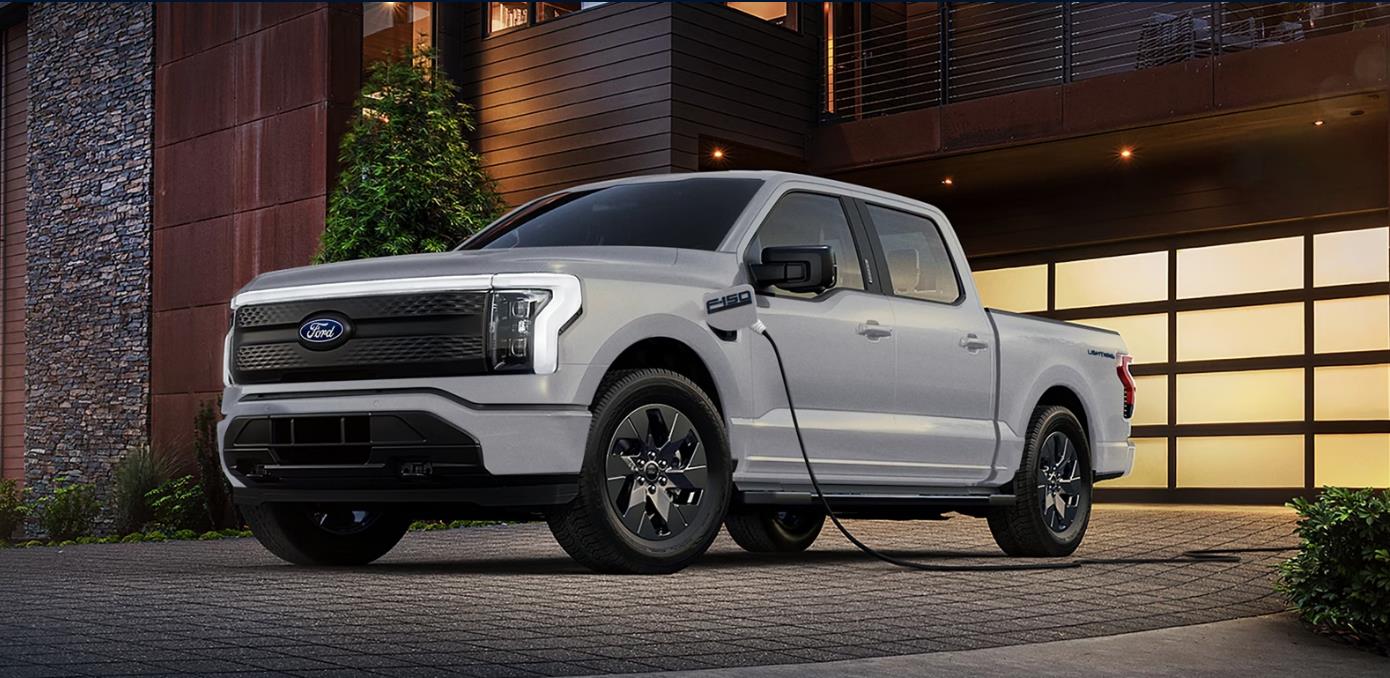According to foreign media reports, executives and industry experts have expressed concerns following President Trump's announcement of a 50% tariff on imported copper materials, fearing it could increase the burden on automakers and suppliers amidst rising costs. The U.S. market heavily relies on imported copper, aluminum, and steel, and new production capacity may take years to develop, prompting companies to rush to procure metal materials from limited suppliers, further driving up prices. Copper, a crucial red metal for automotive manufacturing (used in wiring harnesses and electric vehicle motors), has soared to historic highs. Consulting firm CRU estimates that the average copper usage in a traditional gasoline or hybrid vehicle is about 24 kilograms, while a pure electric vehicle requires about 59 kilograms of copper. Following Trump's announcement of a 50% tariff on copper imports starting August 1, copper prices on the COMEX exchange surged to a record high of $5.6820 per pound (or $12,526 per metric ton), a premium of over $2,920 compared to the current benchmark price of about $9,600 per metric ton on the London Metal Exchange. The rising costs are intensifying financial pressure on automakers and parts suppliers. After a week of dramatic fluctuations in copper prices, parts suppliers have urgently requested automakers to raise purchasing prices, as experts point out that the surge in raw material costs has exceeded suppliers' capacity to absorb them. A source from a major U.S. auto parts supplier stated that the company has felt a 'significant' impact from rising copper, aluminum, and steel prices. This source indicated that the increase in raw material prices has not only caused business friction but also created a structural cost gap. Takashi Imamura, an executive director at Marubeni Corporation, noted that the copper tariff will mean higher costs for American consumers. He predicted, 'When the U.S. government reassesses the damage caused by the copper tariff, I ultimately expect they will lower or eliminate the tariff.' Melanie White, president of suspension parts manufacturer Hellwig Products, mentioned that since 2018, steel prices have quadrupled. Tariffs on steel have led companies to rush to procure from U.S. suppliers, making it more difficult to ensure supply. White stated that her company has had to cut costs by delaying equipment purchases or leaving certain vacancies unfilled. According to Benchmark Mineral Intelligence, prior to the imposition of tariffs, steel, aluminum, and copper accounted for about 5% of the production cost of a car in the U.S. With tariffs, this proportion is expected to rise to 9%. Based on estimates by Cox Automotive and Benchmark Mineral Intelligence regarding implemented and proposed copper tariffs, the U.S. auto industry will incur an average additional tariff of at least $1,700 per vehicle produced in the U.S., while vehicles imported from Canada and Mexico that meet the USMCA will incur $3,500 in tariffs. Vehicles imported from other regions could face tariffs as high as $5,700. In an already low-margin automotive industry, such cost increases will have a significant impact. According to data from J.D. Power, the average price of new cars in the U.S. rose to $46,233 in June. However, some in the auto industry are skeptical about whether the copper tariff will be implemented as planned. Trump has previously delayed or revoked tariff threats. Andy Leyland, co-founder of supply chain consultancy SC Insights, suggested that the copper tariff may be temporary, as it could exacerbate inflationary pressures, posing a risk for the Republican Party in the 2026 midterm elections. He added, 'Most Americans don’t really care about foreign policy; inflation is the only thing people truly care about.'
Trump's 50% Tariff on Copper Sparks Concerns in the U.S. Auto Industry

Share this post on: